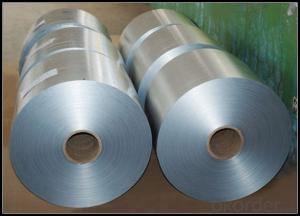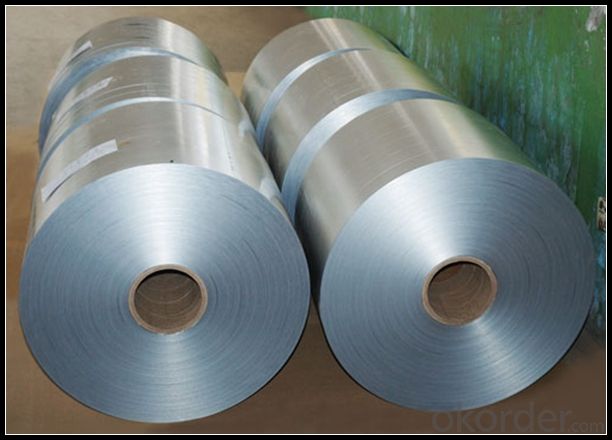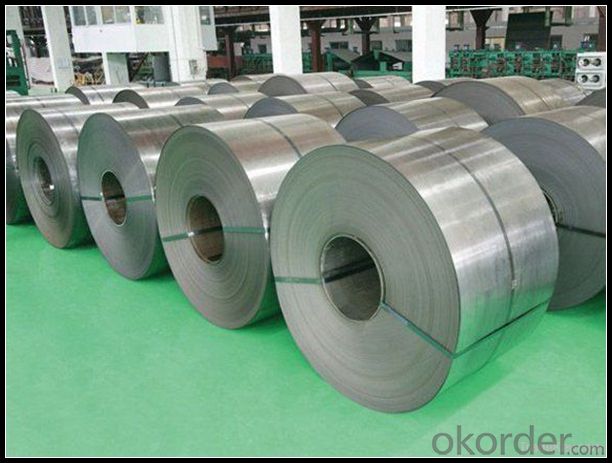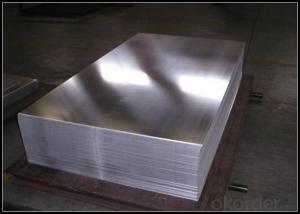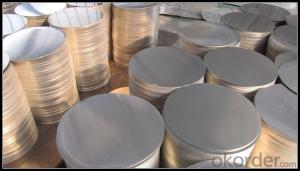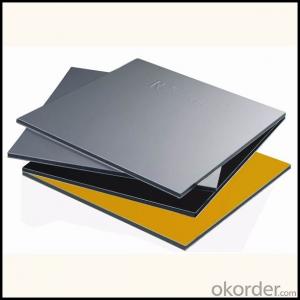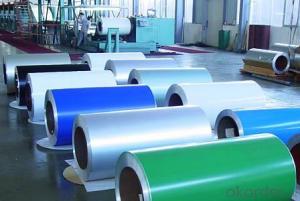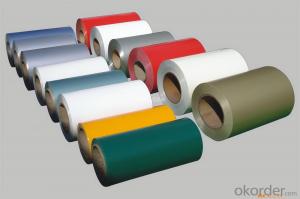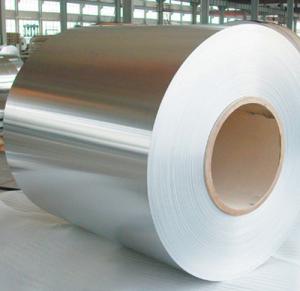Lennox Lh49 62e9t Aluminum Coil Price - Aluminum Sheets Stucco Embossed AA1060 H24 from China Famous Company
- Loading Port:
- Qingdao
- Payment Terms:
- TT OR LC
- Min Order Qty:
- 5 m.t.
- Supply Capability:
- 2000 m.t./month
OKorder Service Pledge
OKorder Financial Service
You Might Also Like
Specification
Thickness | 0.1mm-8mm |
Popular Thickness | 0.1mm/0.2mm/0.25mm/0.3mm/0.6mm/0.8mm/1.0mm/1.2mm/1.5mm/2.0mm/3.0mm |
Width | 20mm-2500mm |
inner diameter | 76mm / 152mm |
Material | AA1050, AA1060, AA1070, AA1100, AA1235, AA3003, AA3004, AA3005, AA5052, AA5005, AA5754, AA5083, AA8011, AA8079, etc |
Temper | O,H12,H14,H16,H18,H22,H24,H26,H32,H34,H36,H38, |
Surface | Mill finish / Coated |
Packing | Export standard wooden pallets |
Payment Terms | 100% irrevocable L/C at sight or 30% T/T in advance as deposit,70% balance against the B/L copy |
Minimum Order Quantity | 5000kg |
Delivery time | 30-35 days after the receiving L/C or deposit |
2. Application of
(1) Interior: wall cladding, ceilings, bathrooms, kitchens and balconies, shutters, doors, windows,
(2) Exterior: wall cladding, facades, roofing, canopies, tunnels,column covers , renovations.
(3).Advertisement: display platforms, signboards, fascia, shop fronts.
3. Feature of
Aluminum sheet specifications:
1) Alloy : 1050 1060 1070 1100 2024 3003 3004 3105 3A21 5005 5052 5083 5754 5182 5454 5456 6061 6063 7075 8011 etc
2) Temper: O/H12/H14/H1/H18/H32/H34/H36/H38//H111/H112/H116/H321/T6/T651/T3/T351 etc
3) Thickness: 0.1mm to 300mm
4) Width:20mm to 3300mm
5)Length: ≤ 12000mm
6) Protective film can be added
7) Production Line: DC and CC production line
4. Certificate:
SGS and ROHS (if clients request, paid by client), MTC (plant provided), Certificate of Origin (FORM A, FORM E, CO), Bureau Veritas (if client request, paid by client), CIQS certificate and so on.
5. Image of Aluminum sheets
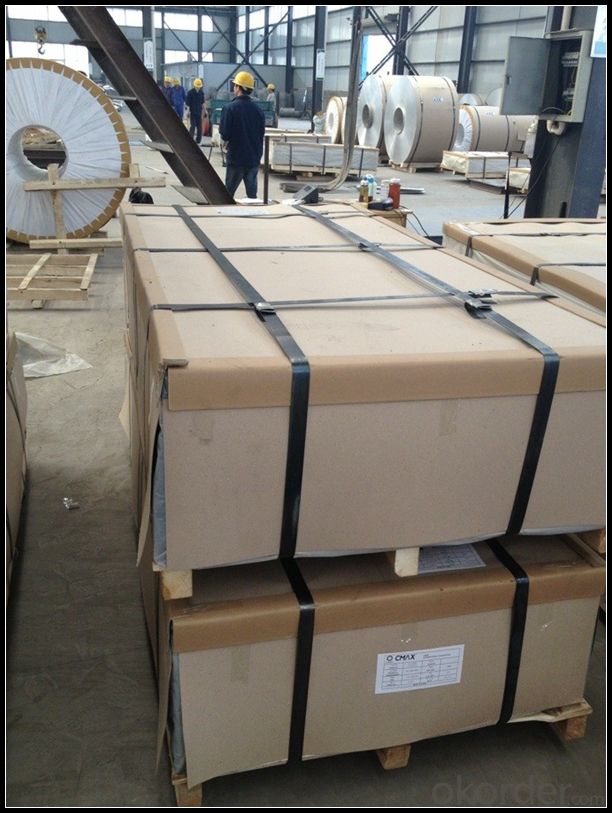
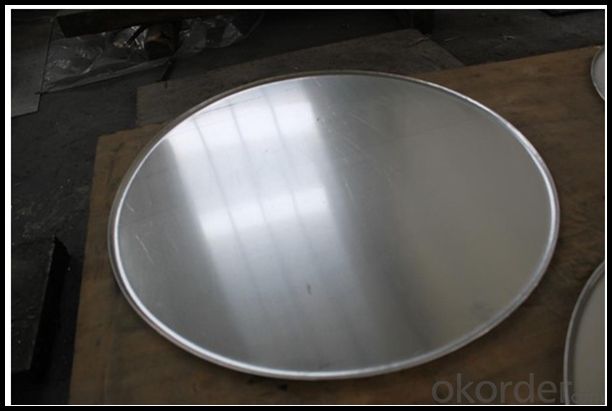
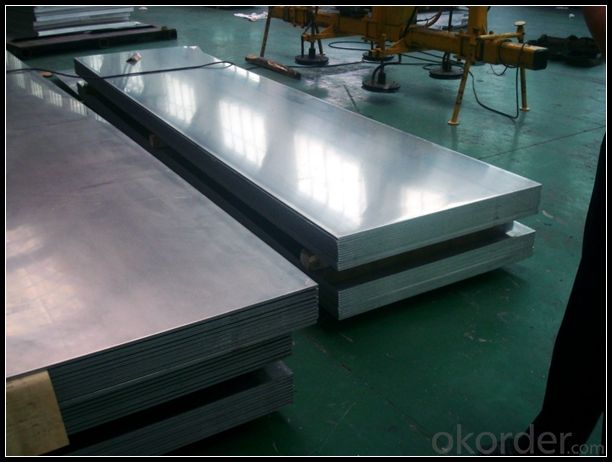
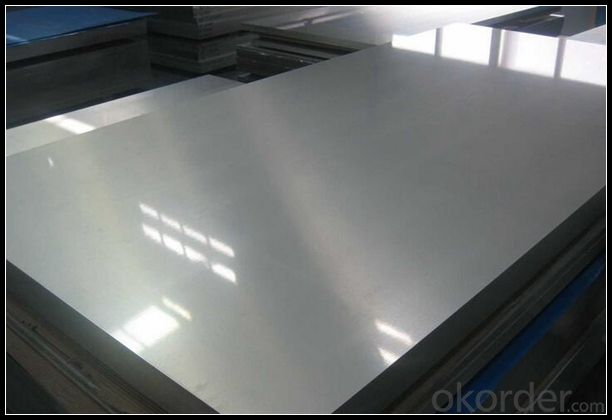
6. Package and shipping of
Eye to wall
Eye to the wall
With wooden pallet (wooden case also available)
7. FAQ
1) What is the delivery time?
Depends on actual order, around 30 to 35 days
2) What is the QC system?
We have QC staff of 20 persons and advanced equipment, each production is with MTC traced from Aluminum ingot lot.
3) What market do you mainly sell to?
Australia, America, Asia, Middle East, Western Europe, Africa etc
- Q: What are the common surface cleaning methods for aluminum coils?
- There are several common surface cleaning methods for aluminum coils that are effective in removing dirt, debris, and other contaminants. One of the most commonly used methods is pressure washing. This involves using a high-pressure water spray to dislodge and remove any dirt or grime from the surface of the coils. Pressure washing can be done using specialized equipment or even a regular garden hose with a spray nozzle attachment. Chemical cleaning is another popular method for cleaning aluminum coils. This method involves using specific cleaning agents or solvents that are designed to break down and remove dirt and contaminants from the surface of the coils. These chemicals are typically applied using a spray bottle or a pump sprayer, and then rinsed off with water after a designated amount of time. Another effective method for cleaning aluminum coils is the use of steam cleaning. This involves using high-temperature steam to loosen and remove dirt and grime from the surface of the coils. Steam cleaning is often used in conjunction with a cleaning agent or solvent to enhance its effectiveness. In addition to these methods, there are also specialized coil cleaning brushes or fin combs that can be used to physically remove any debris or build-up from the coil surfaces. These tools are particularly useful for removing smaller particles or debris that may be trapped in between the fins of the coils. It is important to note that when cleaning aluminum coils, it is crucial to follow the manufacturer's recommendations and guidelines to ensure that the cleaning process is done safely and effectively. Additionally, regular cleaning and maintenance of aluminum coils can help prolong their lifespan and maintain their efficiency.
- Q: Are there any restrictions on the coil flatness of aluminum coils?
- Yes, there are restrictions on the coil flatness of aluminum coils. The industry standards specify acceptable tolerances for coil flatness to ensure the quality and usability of the aluminum coils. These restrictions help prevent any deformation or irregularities in the coils, ensuring they meet the required specifications for various applications.
- Q: This question asks for a comparison of the pros and cons associated with the use of aluminum coils.
- <p>Aluminum coils offer several advantages, including high thermal conductivity, which makes them efficient for heat transfer applications. They are lightweight and corrosion-resistant, which enhances their durability and reduces maintenance needs. Additionally, aluminum is a cost-effective material compared to other metals like copper. However, there are disadvantages such as lower strength compared to steel, which may limit its use in high-stress applications. Aluminum also has a higher coefficient of expansion, which can lead to issues in precision applications. Lastly, while it is recyclable, the recycling process can be energy-intensive.</p>
- Q: Are aluminum coils suitable for architectural cladding?
- Yes, aluminum coils are suitable for architectural cladding. Aluminum is a lightweight and durable material that is often used in the construction industry for its versatility and aesthetic appeal. Aluminum coils can be easily formed into various shapes and sizes, making them ideal for architectural cladding applications. One of the key advantages of using aluminum coils for cladding is their resistance to corrosion. Aluminum naturally forms a protective oxide layer, which helps to prevent rusting and deterioration over time. This makes aluminum a long-lasting and low-maintenance option for architectural cladding. Additionally, aluminum coils offer a wide range of finishes and colors, allowing for greater design flexibility. They can be painted or coated to match any architectural style or design concept, making them a popular choice among architects and designers. Furthermore, aluminum is an environmentally friendly material. It is fully recyclable and has a much lower carbon footprint compared to other cladding materials like steel or concrete. This makes aluminum coils a sustainable choice for architectural projects. In summary, aluminum coils are indeed suitable for architectural cladding due to their durability, resistance to corrosion, design flexibility, and environmental benefits.
- Q: Can aluminum coils be used in the production of cookware?
- Yes, aluminum coils can be used in the production of cookware. Aluminum is a popular choice for cookware manufacturing due to its excellent heat conductivity, lightweight nature, and affordability. Aluminum coils can be shaped and formed into various cookware items such as pots, pans, and baking sheets, providing efficient and even heat distribution for cooking purposes.
- Q: Do you think that stainless steel cookware with an aluminum core is safe? I am concerned about the links between aluminum and Alzheimers disease. Also, if anyone has heard of any health risks to using non-stick varieties of pans? I havent, but I would be curious to know if anyone else has.
- Aluminum cores are fine. They are wrapped in stainless (make sure), or stacked inside stainless steel. Aluminum is one of the most common elements in the world. We're exposed to it in more ways that you can count. Links to alzheimers are inconclusive. From what I understand, non-stick skillets are ok as long as you don't overheat them and cause the material to burn (you can smell the fumes when overheated). I use mine with medium heat, like for omelettes or grilled cheese sandwiches, but never for searing a steak.
- Q: can you use the Brasso Aluminum cleaner on aluminum wheels? i have a set of mickey thompson classic II wheels and i want to polish them up. they have water spots that are almost impossible to clean. how can i shine them up to make them almost like chrome wheels? i heard brasso works great but then i heard it damages the wheels?
- There are many products you can use to polish aluminum wheels, Brasso aluminum polish being one of them. It will take a TON of elbow grease and patience to get a really shiny surface, and it will only become chrome-like if the wheels' surface is already perfectly smooth. The commercially available polishes should remove water spots and will tidy up a surface that is polished already, but will not make a non-polished aluminum surface chrome-like. I've used Mother's and Auto-sol, both with good success. Again, it takes a LOT of work. Follow the instructions carefully. Once you get that shiny surface, it will take periodic regular polishing to maintain. If you are starting with a much more weathered surface, you'll need to go the sanding, wet-sanding, rubbing compound, jeweller's rouge, then metal polish route. A ton of work, but doable. Look up how to polish aluminum on Google.
- Q: Are aluminum coils suitable for outdoor applications?
- Yes, aluminum coils are suitable for outdoor applications. Aluminum is known for its excellent corrosion resistance, making it a popular choice for outdoor use. It is not prone to rust or deterioration when exposed to moisture, sunlight, or harsh weather conditions. Additionally, aluminum coils are lightweight, durable, and have a high strength-to-weight ratio, making them ideal for various outdoor applications such as roofing, gutters, air conditioning systems, and outdoor furniture. Moreover, aluminum is a highly recyclable material, making it an environmentally-friendly choice for outdoor projects. Overall, aluminum coils are a reliable and practical option for outdoor applications.
- Q: Are there any limitations on the length of aluminum coils?
- There are indeed limitations on the length of aluminum coils. While aluminum coils can be produced in various lengths, they are typically limited by practical factors such as transportation, handling, and manufacturing capabilities. Transportation is one of the major limitations as longer coils may become difficult to move efficiently. The size and weight of longer coils can pose challenges for loading and unloading, as well as shipping and logistics. Additionally, longer coils may require specialized equipment for transportation, which can add to the overall cost and complexity. Handling is another limitation, as longer coils can be harder to maneuver and manipulate during various stages of production. They may require larger and more robust machinery to process, which may not be available or feasible in all manufacturing facilities. Furthermore, manufacturing capabilities can impose restrictions on the length of aluminum coils. The equipment used to produce coils may have certain limitations in terms of size and capacity. Coil processing lines and machinery may have maximum lengths they can handle, and exceeding these limits may not be possible or economically viable. In summary, while there is no specific universal limit on the length of aluminum coils, logistical, handling, and manufacturing constraints can impose practical limitations. The specific length of aluminum coils would depend on various factors including transportation, handling capabilities, and the manufacturing processes involved.
- Q: How are aluminum coils used in heat exchangers?
- Aluminum coils are widely used in heat exchangers due to their excellent thermal conductivity and corrosion resistance. They are typically used as the main component in the evaporator and condenser sections of the heat exchanger. The coils facilitate the transfer of heat between two fluids, allowing for efficient cooling or heating processes. The design of the coils, along with their large surface area, helps to maximize heat transfer and enhance the overall performance of the heat exchanger.
Send your message to us
Lennox Lh49 62e9t Aluminum Coil Price - Aluminum Sheets Stucco Embossed AA1060 H24 from China Famous Company
- Loading Port:
- Qingdao
- Payment Terms:
- TT OR LC
- Min Order Qty:
- 5 m.t.
- Supply Capability:
- 2000 m.t./month
OKorder Service Pledge
OKorder Financial Service
Similar products
Hot products
Hot Searches
Related keywords
